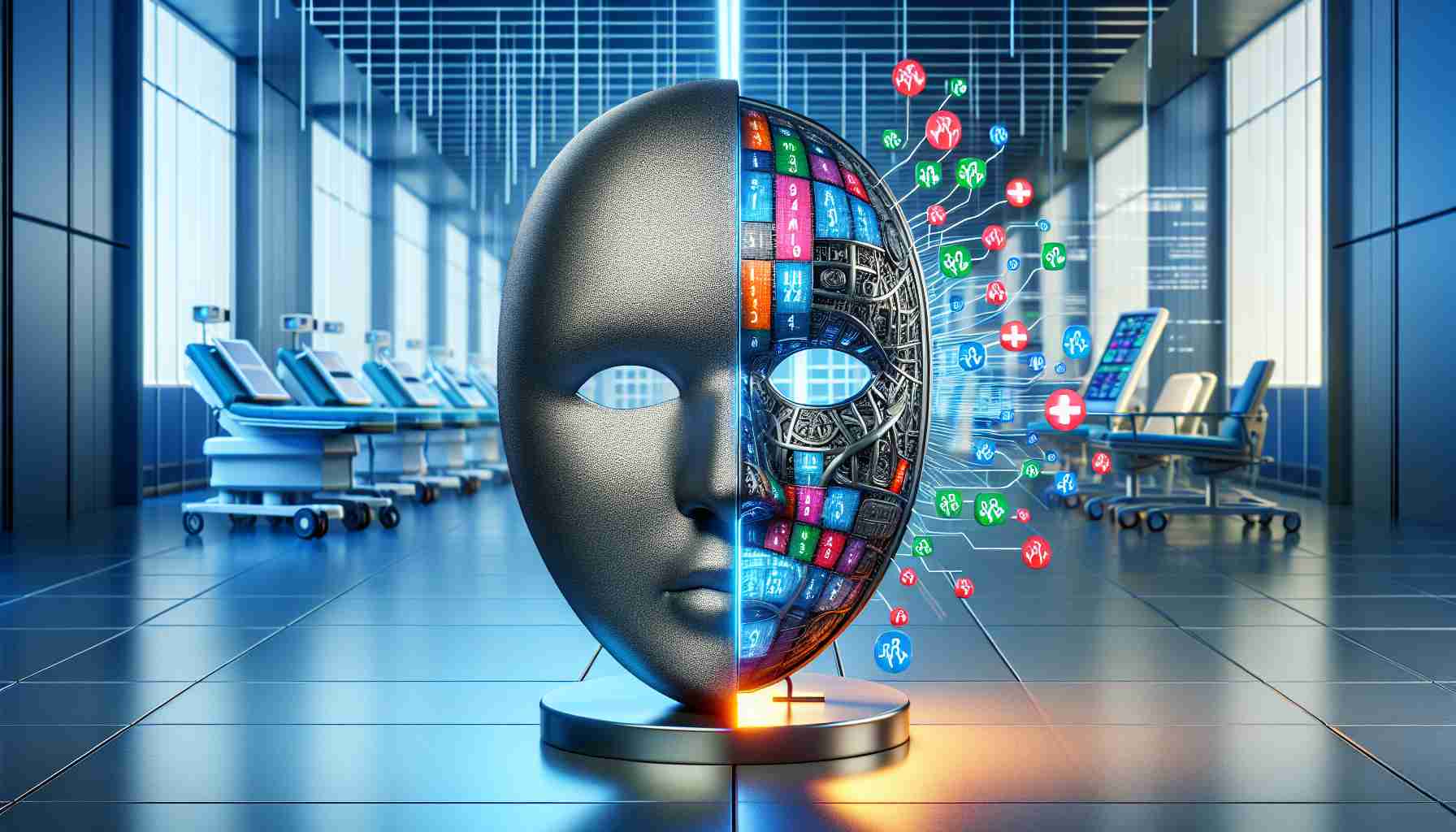The recent surge of connectionist artificial intelligence, particularly machine learning modalities, has ignited a competitive landscape among various entities vying to establish themselves as innovators in the field. However, even the most capable organizations are not immune to the consequences of this race—consequences that can lead to a general public distrust.
For instance, there was the unveiling of informational errors by the SARAH chatbot, a product of the World Health Organization. Despite prior research indicating that healthcare chatbots frequently produce erroneous outputs, SARAH was deployed with a seemingly careful scope. Yet, the chatbot failed to retrieve accurate WHO information and generated non-existent clinic names and addresses, highlighting the potential harm misinformation from these systems can cause, particularly to historically vulnerable groups.
Another alarming case involved a study by Ziad Obermeyer’s lab at the University of California published in Science. This study demonstrated that commercial medical care prediction algorithms unjustly disadvantaged millions of Black patients by assigning risk scores that misrepresented their true health conditions. The discovery of bias in the training data revealed that the societal inequalities in healthcare access for Black patients were reflected and amplified by the algorithms.
The takeaway from these scenarios is profound. As artificial intelligence systems become increasingly prevalent in healthcare, it is critical that developers consider and address inherent biases in the data. The application of these systems without critical analysis or prior audits to mitigate discriminatory practices perpetuates and conceals the embedded racism within the healthcare infrastructure.
Moreover, supposed neutrality in technology often serves as a veil for underlying social discrimination. Data will always echo a particular reality; when this reality includes structural discrimination, as in the Brazilian healthcare system, algorithms inadvertently reinforce these disparities. Without rigorous transparency measures and bias mitigation throughout the AI lifecycle, the consequences could be dire.
Addressing algorithmic discrimination requires more than excluding race as a variable; it involves acknowledging that in a society rife with structural discrimination, such as racism, data can never be neutral. It is imperative to understand and dismantle these biases to prevent the perpetuation of inequality in healthcare efficiency initiatives.
Artificial Intelligence and Bias in Healthcare
Artificial intelligence (AI) is transforming healthcare with its ability to process large volumes of data and aid in diagnosis, treatment, and patient management. However, the integration of AI into healthcare comes with significant challenges, particularly concerning biases within AI systems.
Key Challenges and Controversies
One of the principal challenges is the presence of biased data sets. AI systems are trained on historical data which may contain inherent biases due to socioeconomic factors, demographic disparities, or historical prejudice in healthcare treatment and access. This leads to issues such as:
– Inequitable treatment recommendations
– Inaccurate diagnoses for underrepresented groups
– Flawed risk assessment models
Another controversy involves the lack of transparency in AI algorithms, also known as “black box” systems where the decision-making process is not easily understood by humans. Without transparency, it’s difficult to identify and address the sources of bias.
Advantages and Disadvantages
AI in healthcare can provide numerous advantages, such as:
– Enhanced diagnostic accuracy through pattern recognition
– Increased efficiency in managing patient data
– Predictive analytics that can lead to early intervention and treatment
However, there are also disadvantages to consider:
– Risks of reinforcing societal biases
– Potential for misuse or misinterpretation of AI-driven data
– Ethical concerns around patient autonomy and consent
Addressing Bias in AI
To combat these biases, it’s essential to:
– Employ diverse and inclusive data sets for training AI
– Implement continuous auditing and monitoring for algorithmic fairness
– Encourage multidisciplinary collaborations between technologists, ethicists, and healthcare professionals
Furthermore, the development of explainable AI, where the decision-making process is transparent, can help in identifying potential biases more easily.
Suggested Related Links
For those interested in exploring the topic of AI in healthcare further, here are a couple of related main domain links:
– World Health Organization: Useful for understanding global health initiatives and the role of technology in healthcare.
– National Institutes of Health: A rich resource for information on medical research and the ethical considerations of AI in healthcare.
Careful considerations must be made in developing and deploying AI in healthcare to ensure that the technology serves to improve patient outcomes without perpetuating existing disparities. Addressing bias in AI is not merely a technical challenge but a societal imperative.

